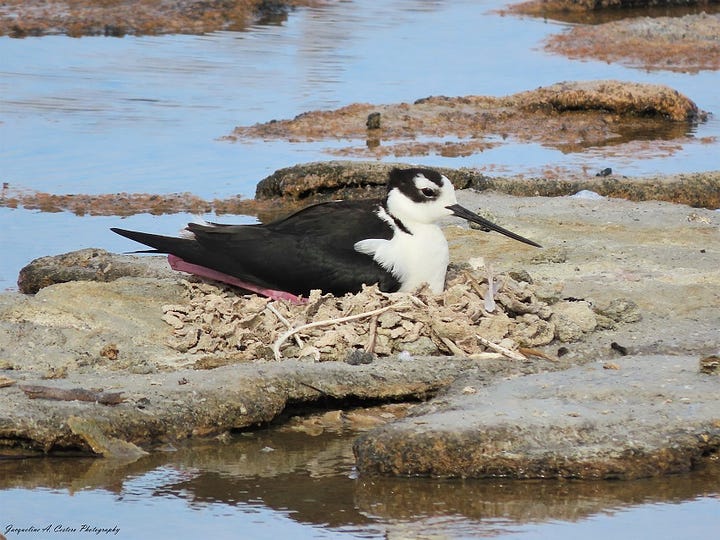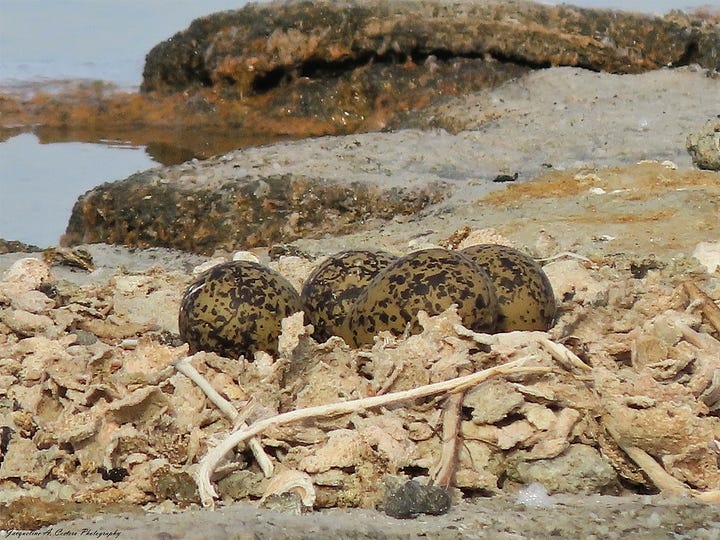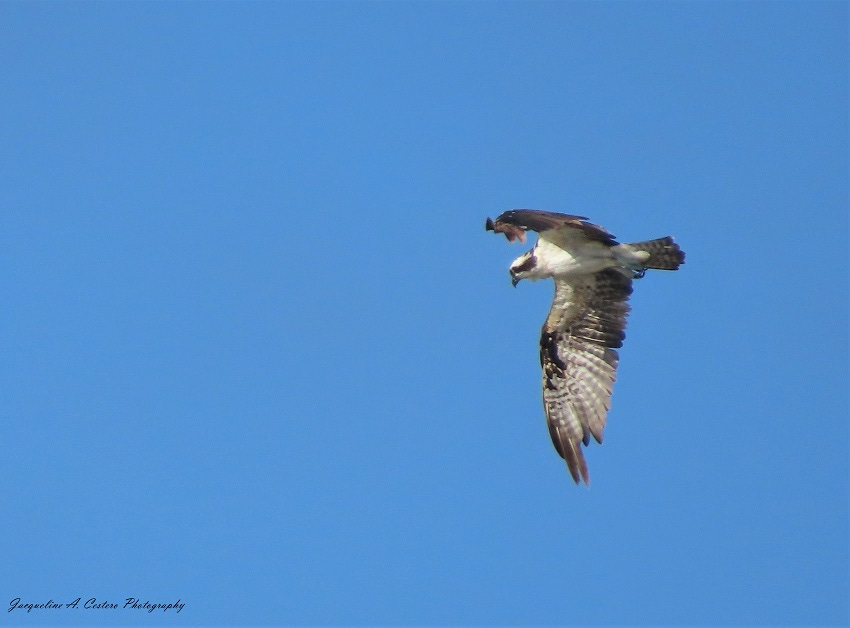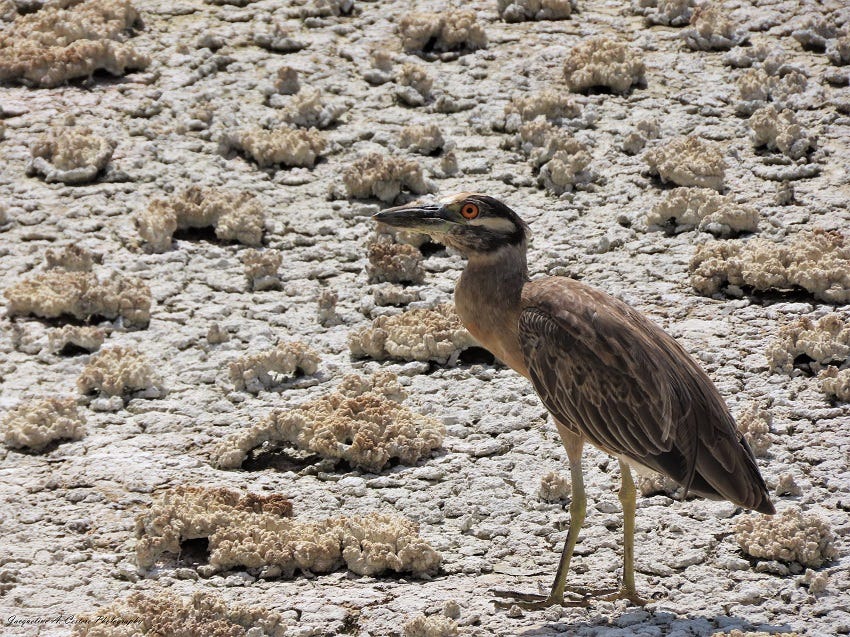I can’t recall the exact year that Rick Simpson of Wader Quest in the U.K. contacted me about doing bird counts. If memory serves me correctly, it was somewhere around 2015 or 2016. He was soliciting organizations to participate in the Wader Quest World Watch. In those days, his organization focused primarily on the plight of the Spoonbill Sandpiper. The Fall count was meant to highlight the struggles of waders (in the USA - shorebirds) worldwide. I said yes!
Since then, Nature Explorers Anguilla has joined Team Wader Quest for the Global Big Days sponsored by eBird and the Cornell Lab of Ornithology. Wader Quest has expanded its charitable work, and I am proud to support them in any way I can.
On Saturday, May 13, 2023, I headed out early for the count. My goal for the morning was to record as many bird species as possible before the heat became unbearable. For those not in Anguilla, we have moved from blustery Winter weather straight to Summer heat.
At this time of year, most of our overwintering migrants have moved north for the breeding season. Their absence has made space for the migrants that breed on our shores each summer alongside our resident population.
This made two sightings of an Osprey a rare treat. The first was on Long Pond, and the second was on Forest Bay. I can’t rule out that the two sightings are the same bird. The Long Pond bird left its position on a branch and headed along the coast. When I reached Forest, a single bird was intently fishing in the bay. For the last week, a single bird has been patrolling the waters of Shoal Bay East. It was an unexpected record of a bird that should not be seen here at this time of year. Perhaps this individual will spend the Summer in Anguilla.
Forest Bay Pond also had a single Great Blue Heron present. It flushed very quickly, and I was unable to capture a photograph.
I was surprised by a Yellow-crowned Night Heron foraging just after 2 pm on Bad Cox Pond. This heron prefers the early morning and evening hours. It was a gift to see it at that time of day.


The day was complete with the usual cast of characters, including all five of the Lesser Antilles Restricted Range Species. Many ponds had Least Terns in various stages of breeding. I was able to record a few Black-necked Stilt nests as well.
I recorded 43 species across 13 different locations. Thus far, Anguilla is ranked 16th in the West Indies region. (Note: eBird has not included my Audubon’s Shearwater as yet. Therefore, Anguilla sits at 42 species on the official list. An audio recording has been submitted with the record, and I await eBird reviewer confirmation.)
To put that number into perspective, 373 individual species were recorded in the West Indies. My list is 11.5% of the region. Not bad for a 35-square-mile island.
Team Wader Quest comprised participants from Australia, China, Brazil, Portugal, Bulgaria, Norway, South Africa, The United Kingdom, and Anguilla reported 495 species. This team was part of the larger group - Global Birding - also based in The United Kingdom.
Worldwide, 7651 species were recorded over more than 150,000 checklists and 59,423 participants. WOW!
Although the variety of species continues at a relatively high level in Anguilla, the number of individuals continues to be low. This is an unfortunate and alarming trend that is not limited to Anguilla.
I want to take this opportunity to thank our partners at Wader Quest for including Nature Explorers Anguilla in their team. It is always a pleasure to work with this group and Global Birding. To learn more about Wader Quest programs, click the link Wader Quest.







Well done. Thank you Jackie and feathered friends 🙏🏽🦅
Would have loved to have seen the Peregrine Falcons. Thank you for sharing!